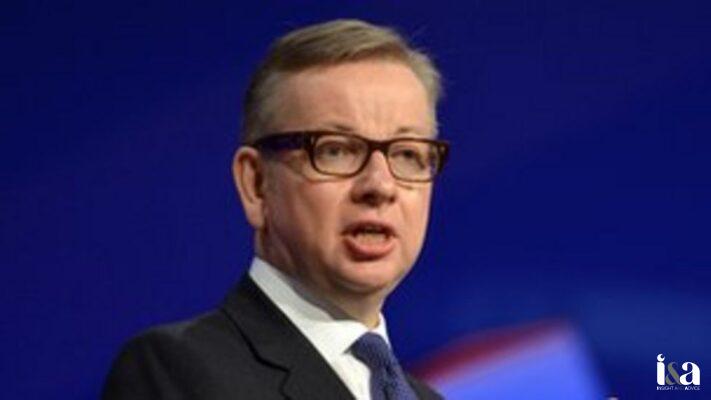Exam success boosts children’s happiness and encourages them to learn, according to the education secretary Michael Gove.

In a speech to the Independent Academies Association conference on Wednesday Mr Gove is expected to back rigorous testing in England’s schools.
He will say that easy exams are worse than no exams at all.
“Exams matter because motivation matters. Humans are hard-wired to seek out challenges,” he will argue.
“Our self-belief grows as we clear challenges we once thought beyond us. If we know tests are rigorous and they require application to pass, then the experience of clearing a hurdle we once considered too high spurs us on to further endeavours and deeper learning.”
More: Support for better financial forecasting and management
‘Pleasurable rush’
In the speech, the minister is expected to refer to the work of the American cognitive scientist Daniel T Willingham whom he cites as one of his biggest influences.
Quoting from Mr Willingham’s book Why Students Don’t Like School Mr Gove says he agrees that students are motivated to learn if they enjoy “the pleasurable rush that comes from successful thought”.
Mr Gove is set to say this is what exam success provides: “There is no feeling of satisfaction as deep or sustained as knowing we have succeeded through hard work at a task which is the upper end, or just beyond, our normal or expected level of competence.
“Exams show those who have not mastered certain skills or absorbed specific knowledge what more they need to practise and which areas they need to work on,” Mr Gove will say.
“For all these reasons, exams pitched at a level which all can easily pass are worse than no exams at all. Unless there is stretch in the specification, and application is required to succeed, there will be no motivation, no satisfaction and no support for those who need it.”
He is due to argue that it is vital for children to learn facts and commit them to memory: “Memorising scales or times tables or verse, so that we can play, recall or recite automatically gives us this mental equipment to perform more advanced functions and display greater creativity.”
Mr Gove is also set to tell the London conference that “examinations are a key weapon of progressives everywhere”, claiming that external tests are fairer than teacher assessment: “I am, as it happens, a huge fan of teacher assessment, properly designed and administered but teacher assessment alone cannot bring the benefits proper external testing can secure.”
Mr Gove is also expected to argue that school league tables have helped to overcome prejudice against schools in disadvantaged areas.
“In the past, before the clarifying honesty of league tables, schools were judged on hearsay and prejudice. Schools with challenging intakes in disadvantaged communities were written off as sink schools – but many of them were performing well, better than other schools with more privileged intakes which were coasting.”
Commenting on the speech the general secretary of the National Union of Teachers Christine Blower said: “Michael Gove appears to have little grasp of what is already in the curriculum.
“Learning times tables and facts is obviously a part of the school day. The assertion that GCSEs are far too easy will certainly not be recognised by either parents or pupils.
“The education secretary needs to stop his obsession with engineering an education system which only the few will navigate and look at recognising all achievement not just that of his schooldays.”
Labour’s Stephen Twigg, the shadow education secretary, said: “Michael Gove’s exams fiasco mean GCSE students are angry, not happy, because their ambitions have been held back. His old fashioned approach to exams means that students will be unprepared for the rigours of the modern economy.”
